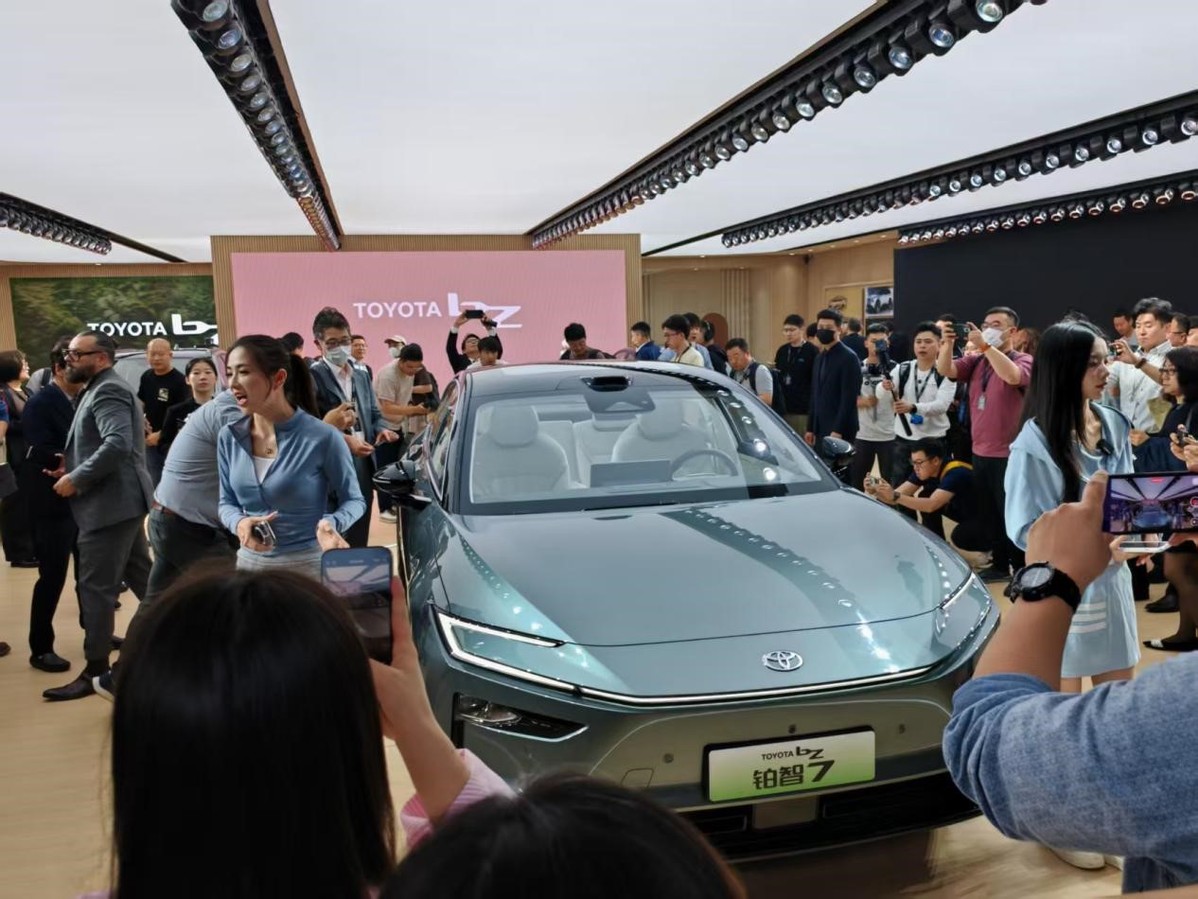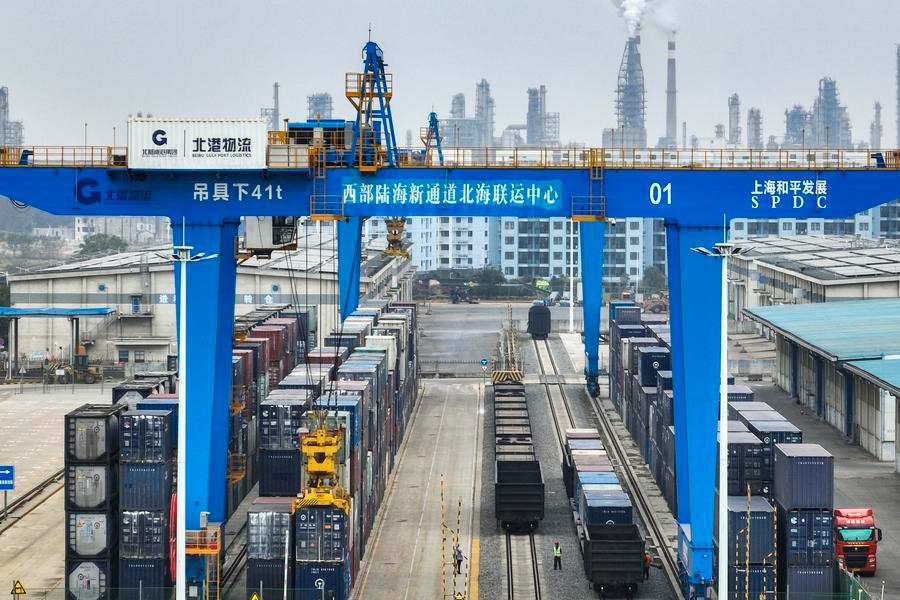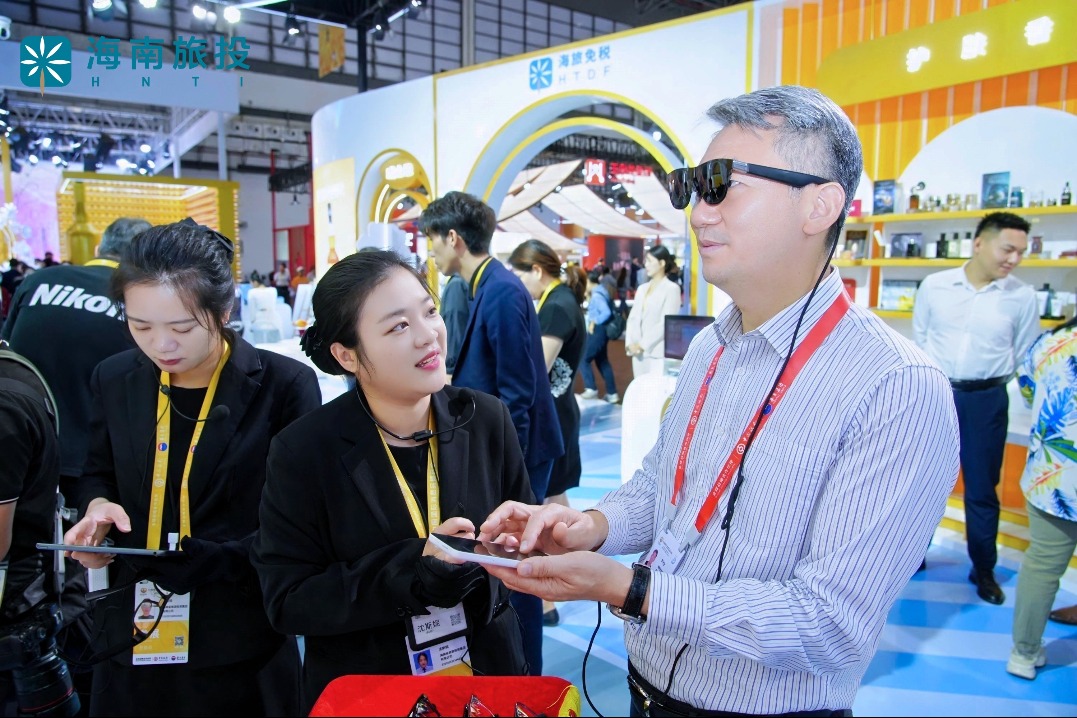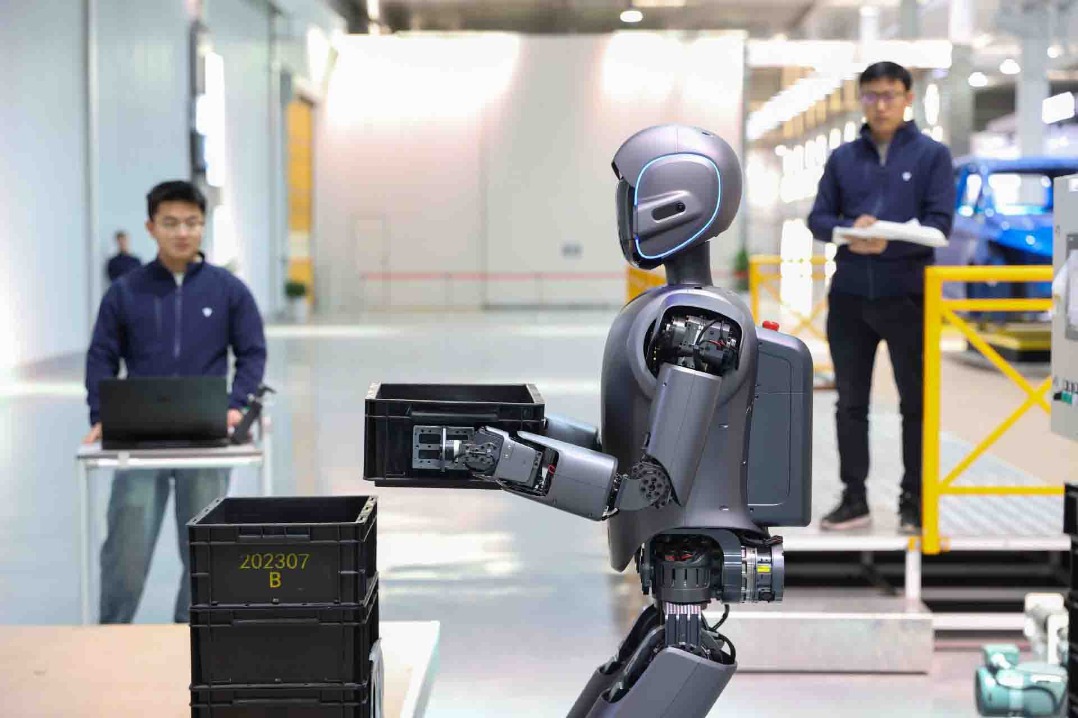Toyota highlights localized vehicle development


Toyota has evolved its localization strategy, saying it must shift from adapting to China to being defined by China, in efforts to maintain competitiveness in the rapidly changing Chinese market.
The Chinese automotive industry is spearheading transformation through technological innovation, taking the lead in global advancements in intelligent and electrified vehicles.
Building upon Toyota's reputation for reliability and quality, the company is now focused on using Chinese insights and methodologies to drive product research and development, tailoring offerings specifically to Chinese consumer preferences.
During the 2025 Auto Shanghai, Li Hui, general manager of Toyota China, highlighted that this strategic transition is exemplified by the One R&D system and Region Chief Engineer approach, which involves transferring decision-making processes to China.
The One R&D system integrates resources from the Intelligent ElectroMobility R&D Center by Toyota (China), FAW Toyota, GAC Toyota and its joint venture with BYD into a unified platform, enhancing collaboration with local Chinese suppliers and technology firms and allowing Chinese teams to access global resources.
Led by young Chinese engineers, the Region Chief Engineer approach will not only oversee new vehicle development but engage with consumers at dealerships, and shape sales strategies.
The exhibited bZ5 and bZ3X battery-powered electric vehicles exemplify the localization strategy, developed under Chinese chief engineers, said Li.
Toyota also introduced its flagship BEV bZ7 at the event, marking the debut of Toyota's first D-class sedan equipped with Huawei's Harmony Cockpit technology.
As the world's largest automaker by sales volume, Toyota has been in China for six decades and sold more than 20 million vehicles. However, its sales volume decreased by 6.9 percent year-on-year in 2024 to 1.78 million units, attributed to market competition and a lagging EV product lineup.




































